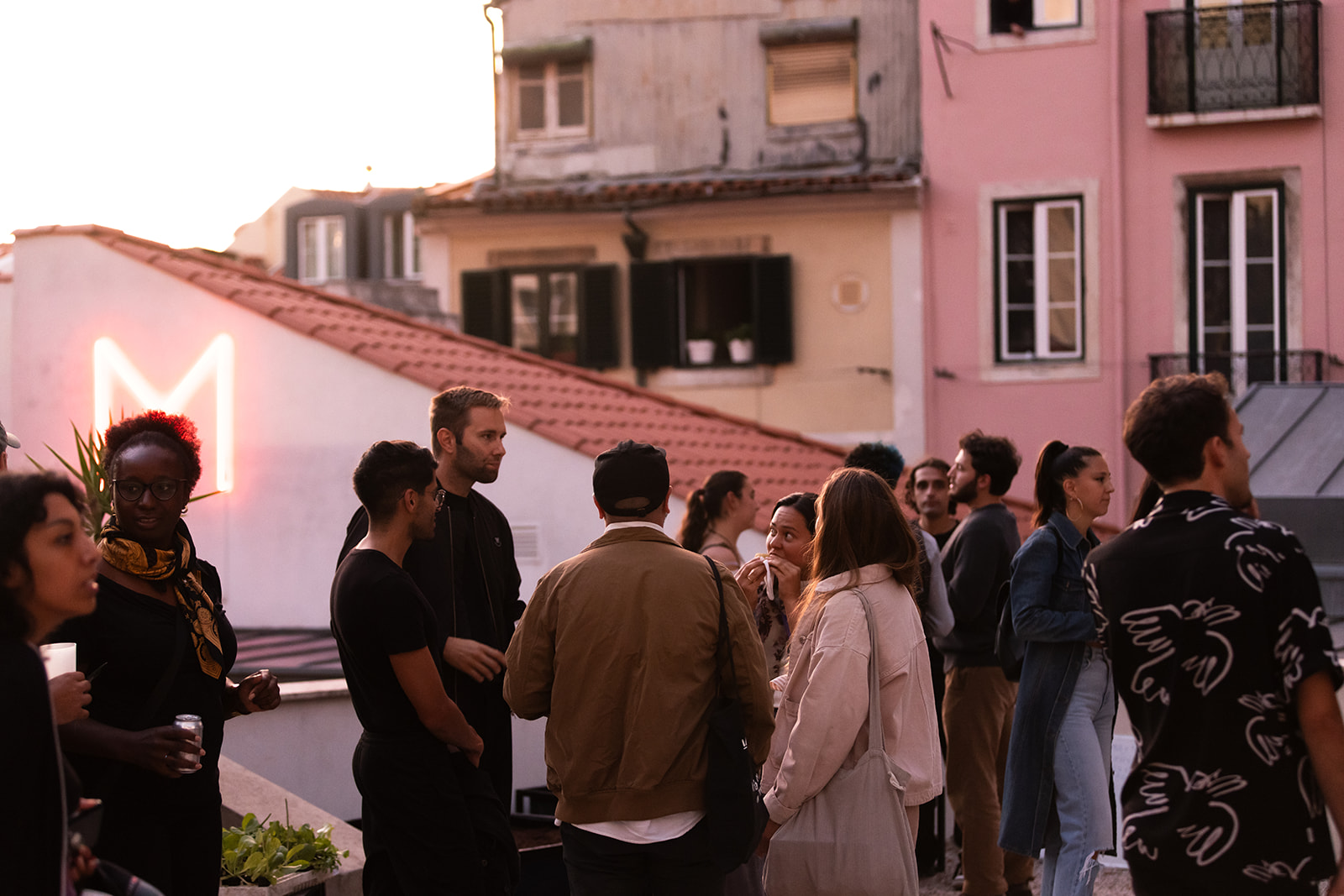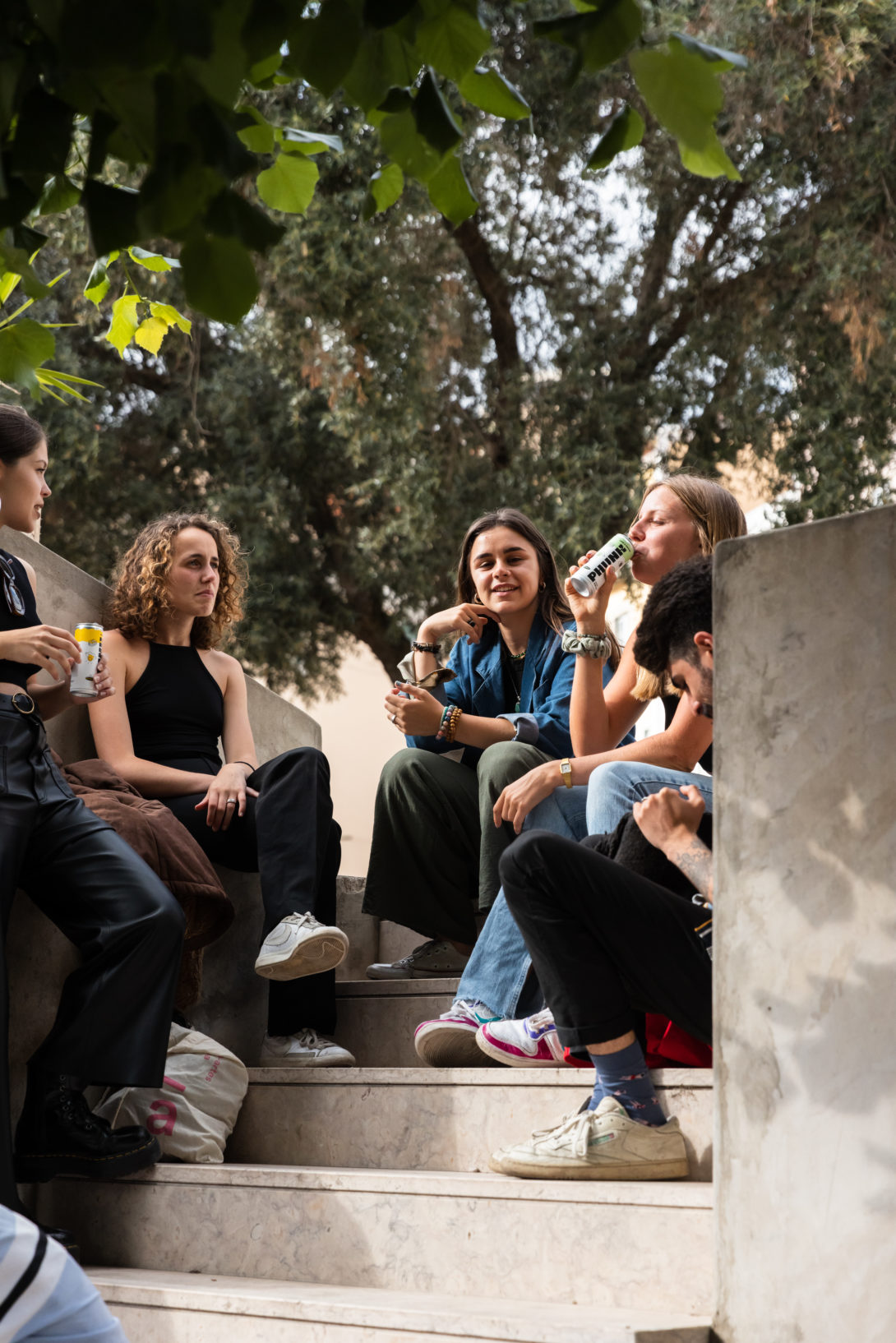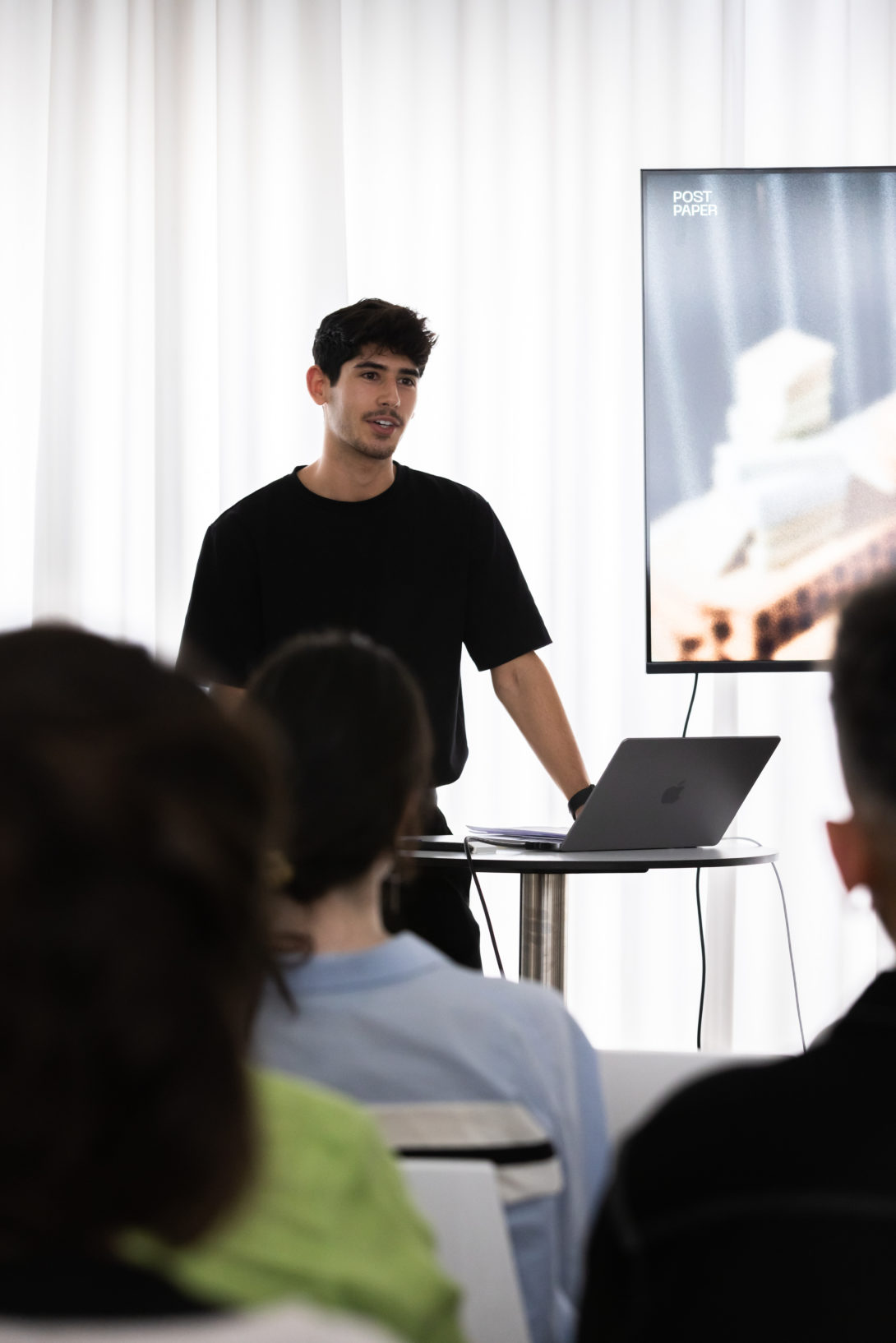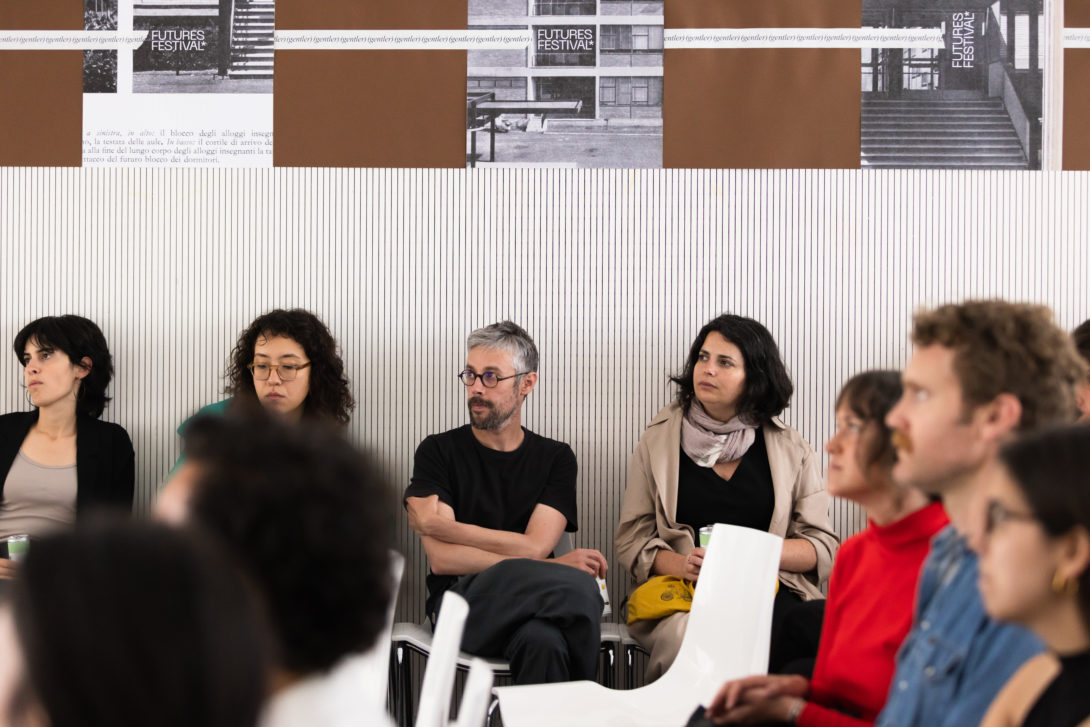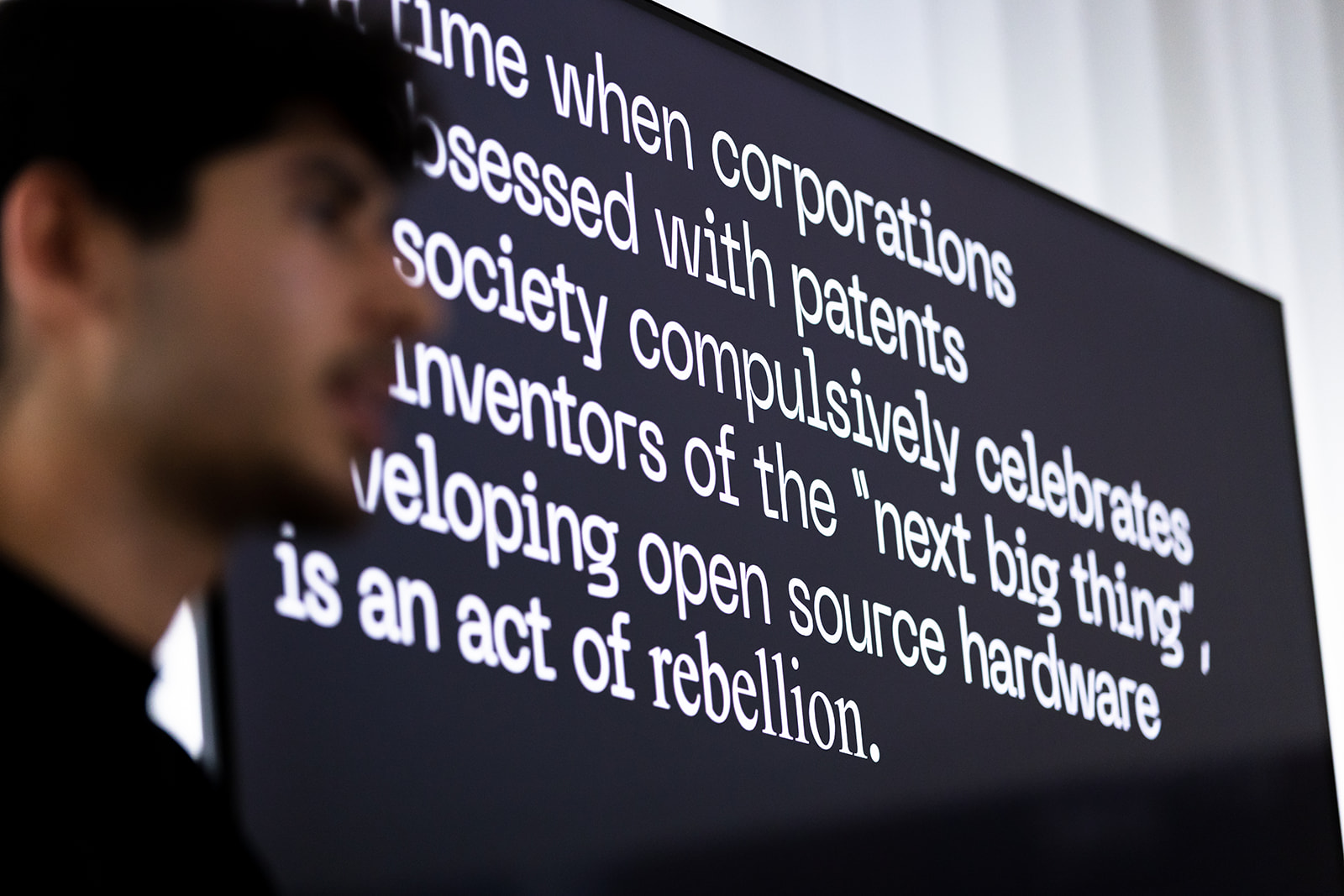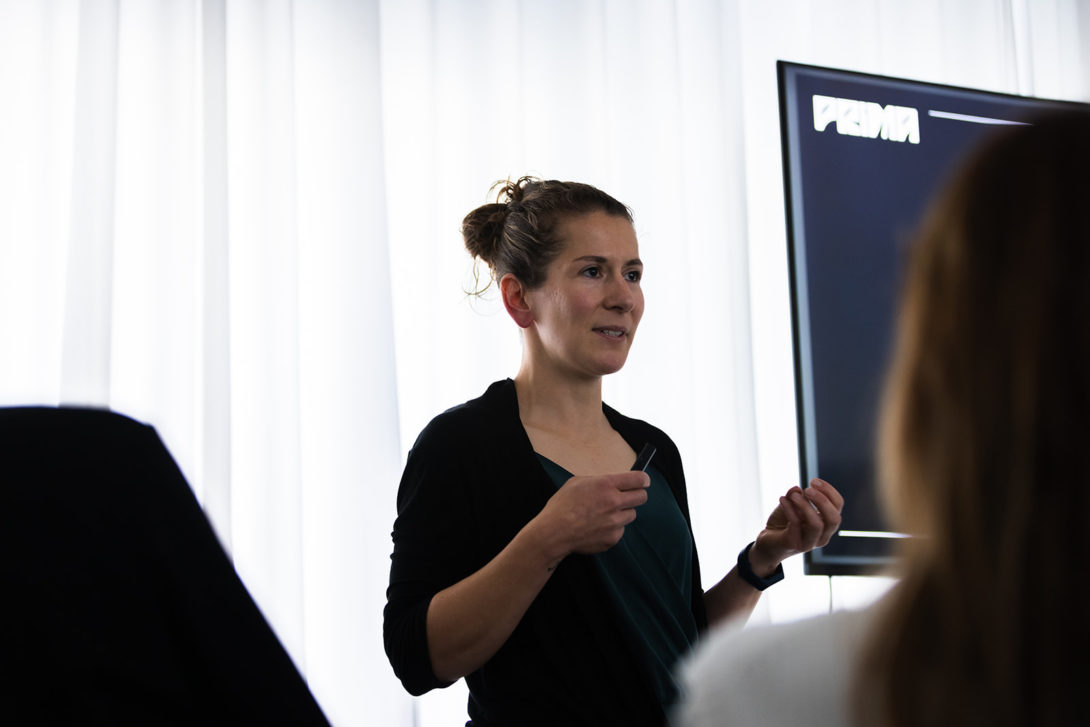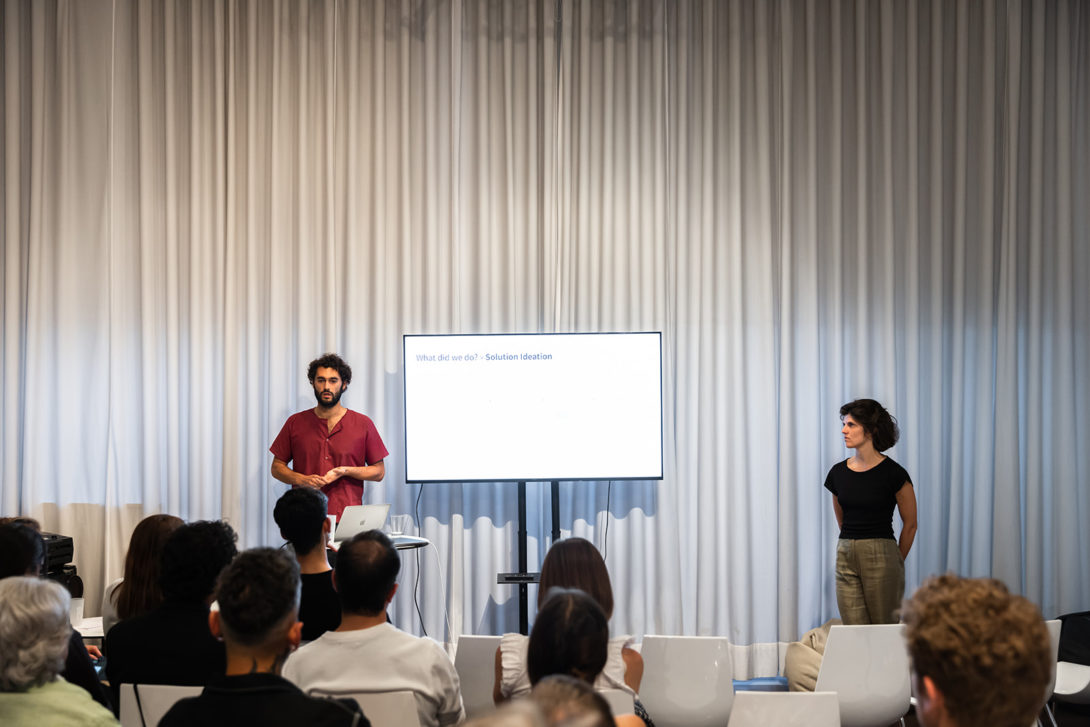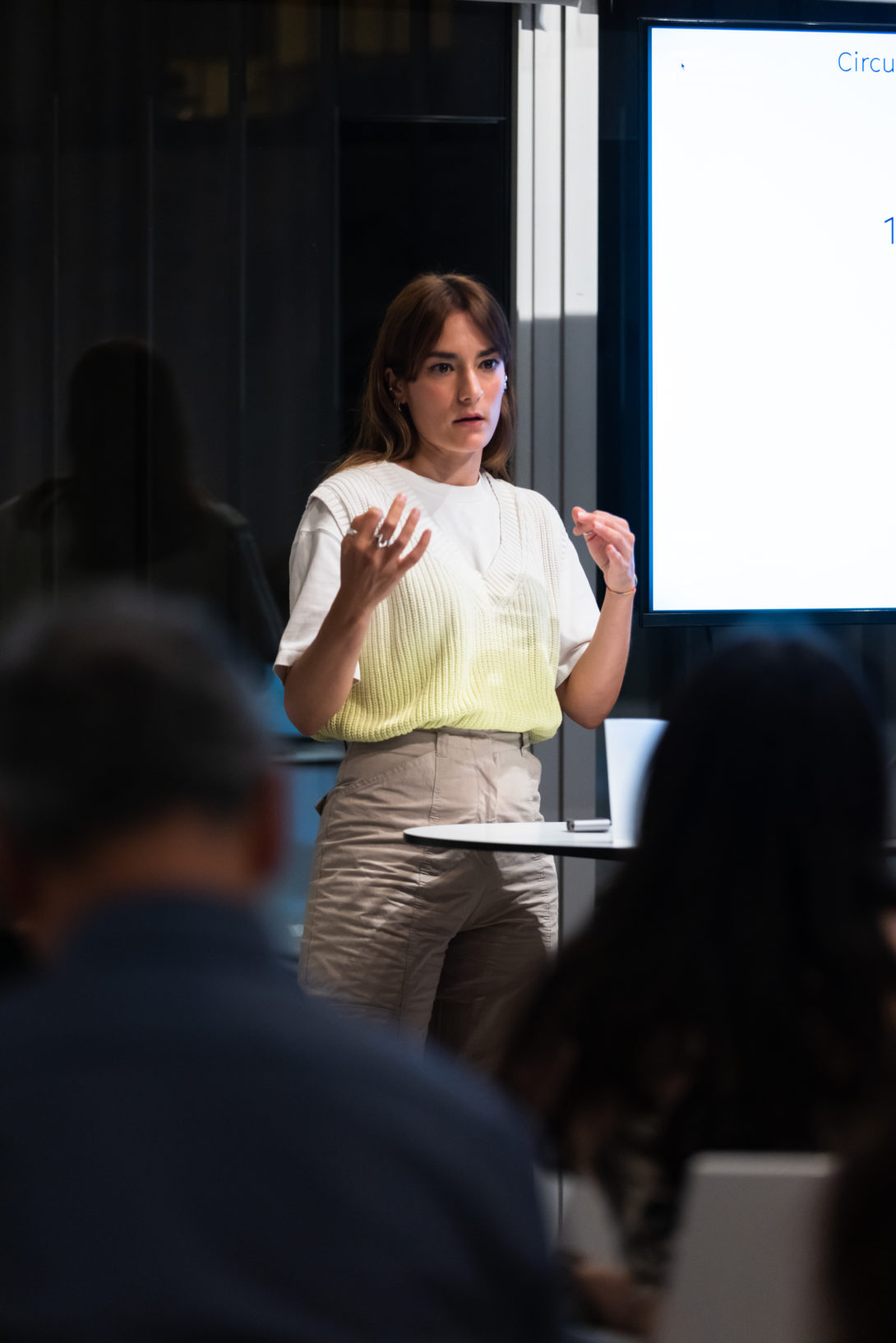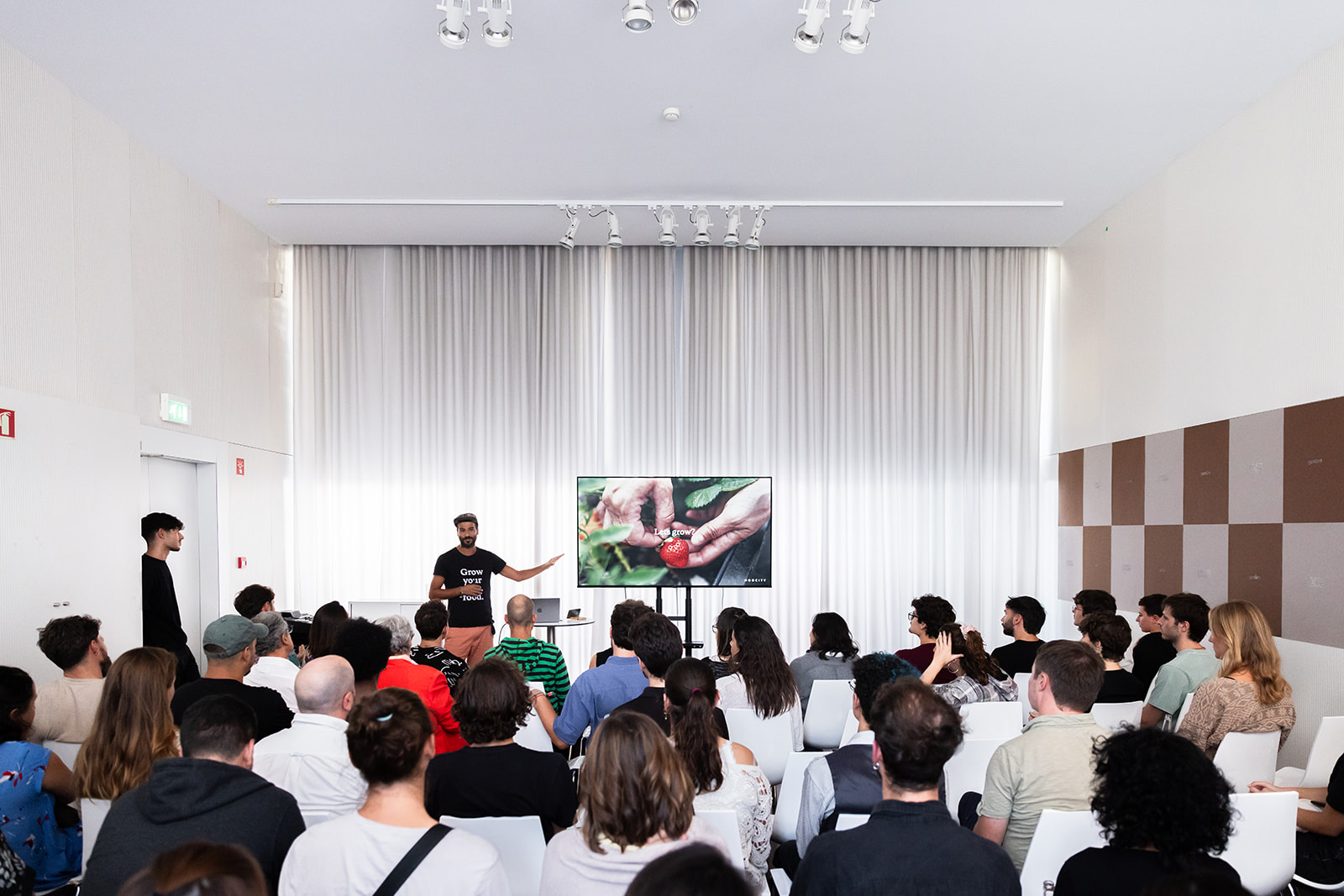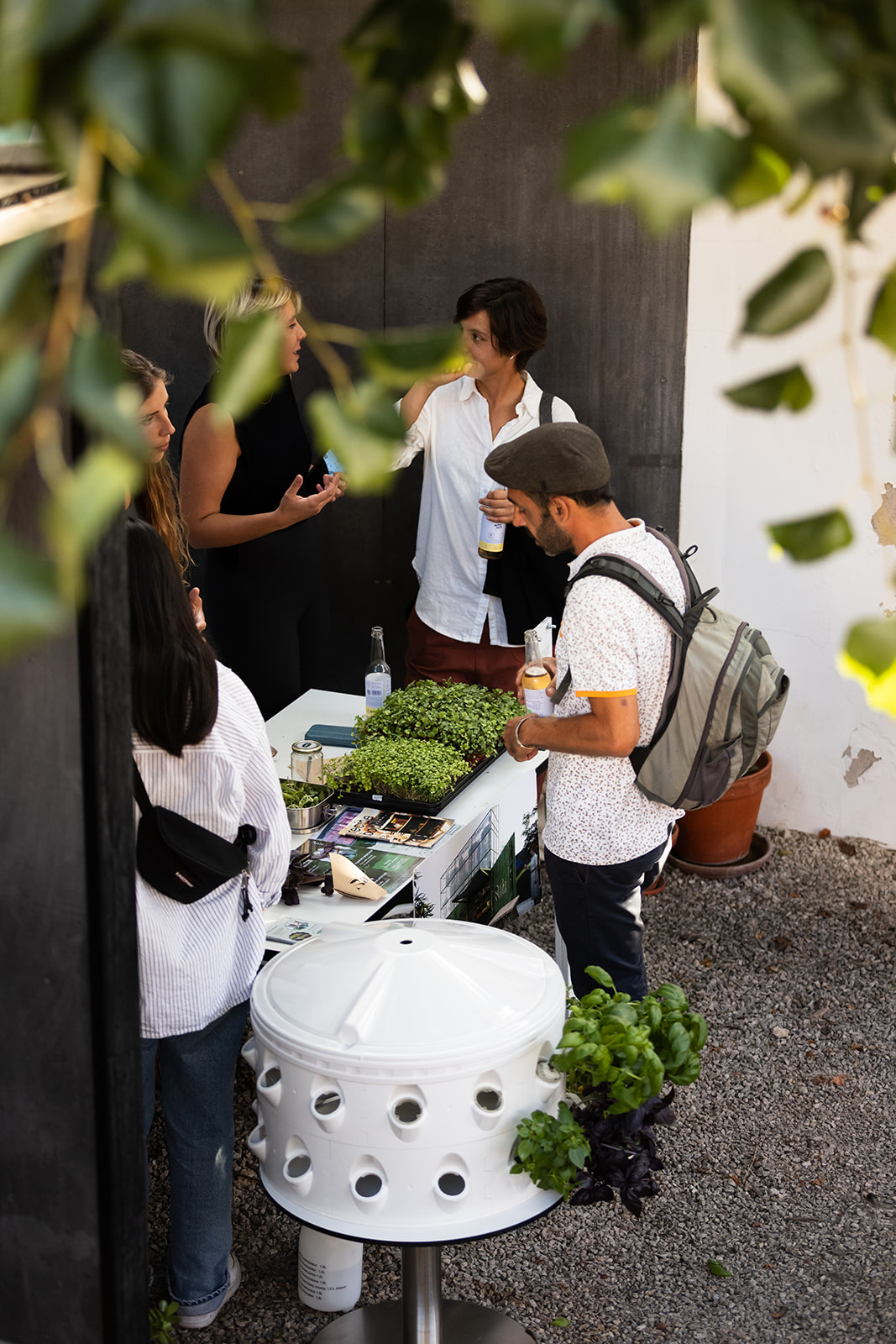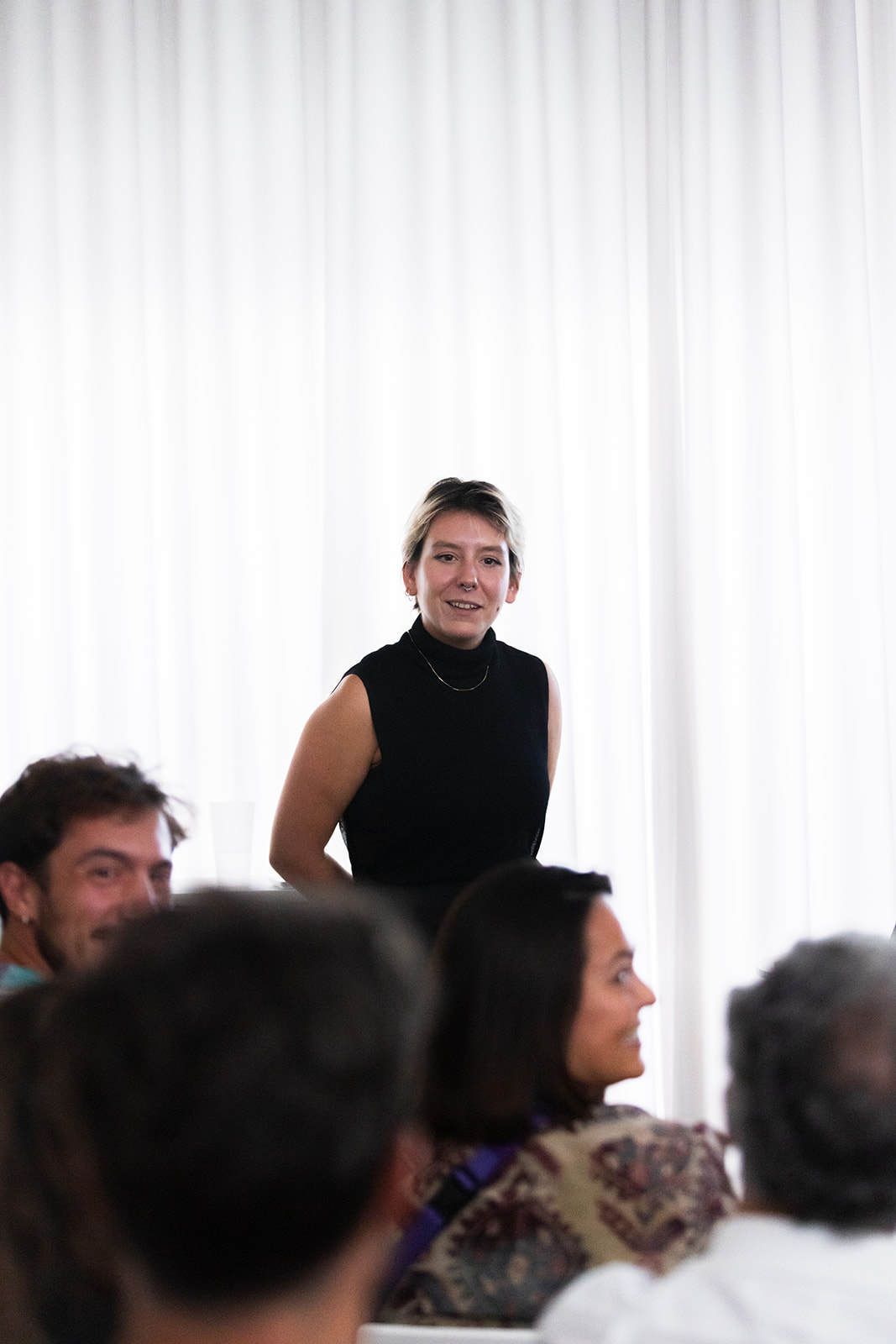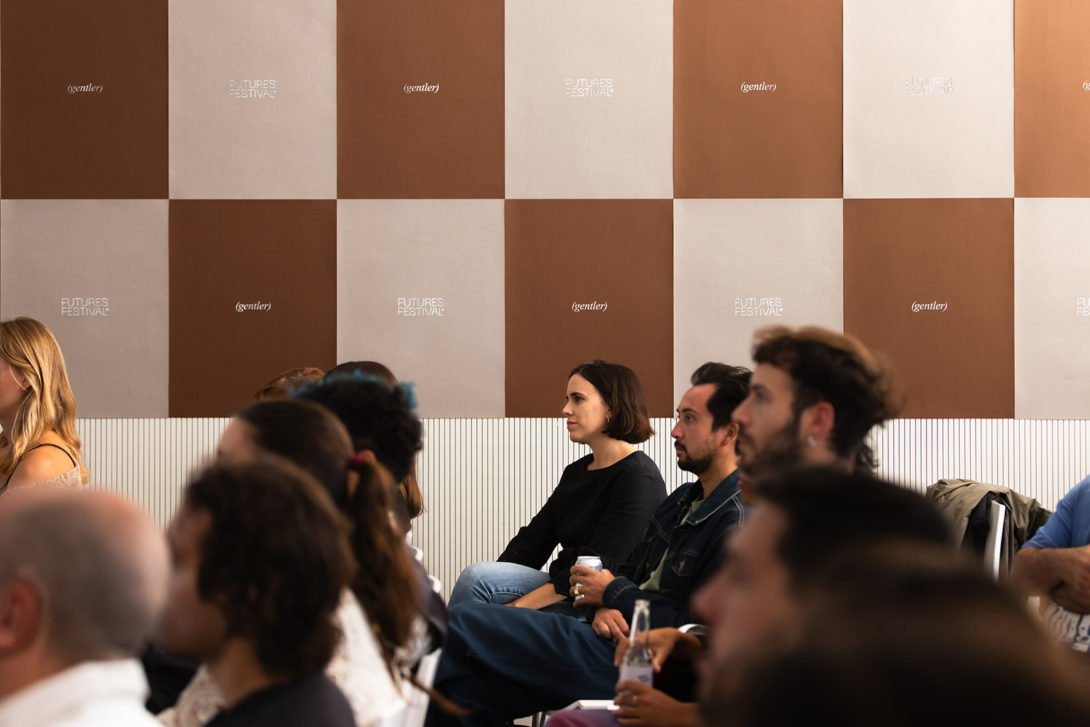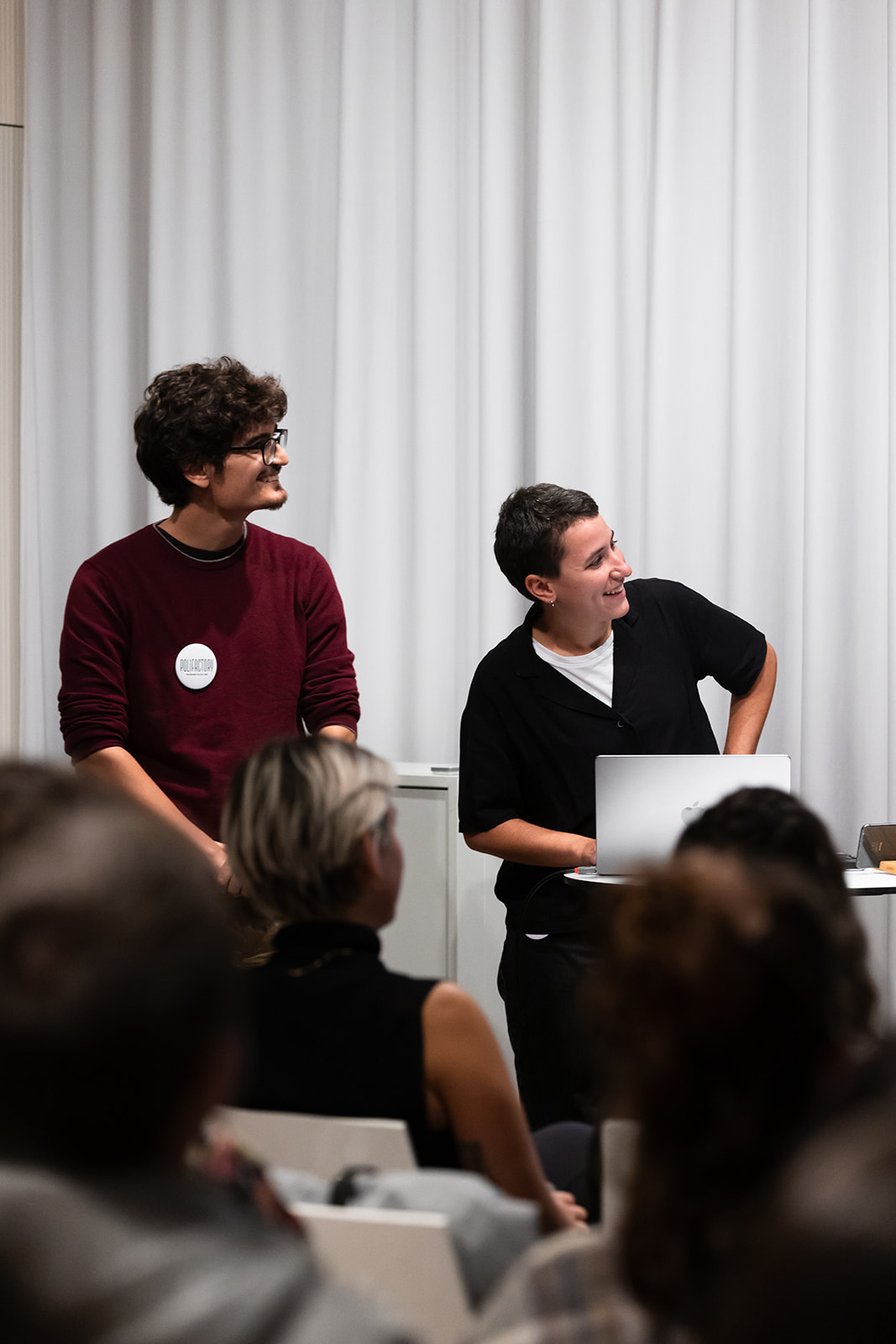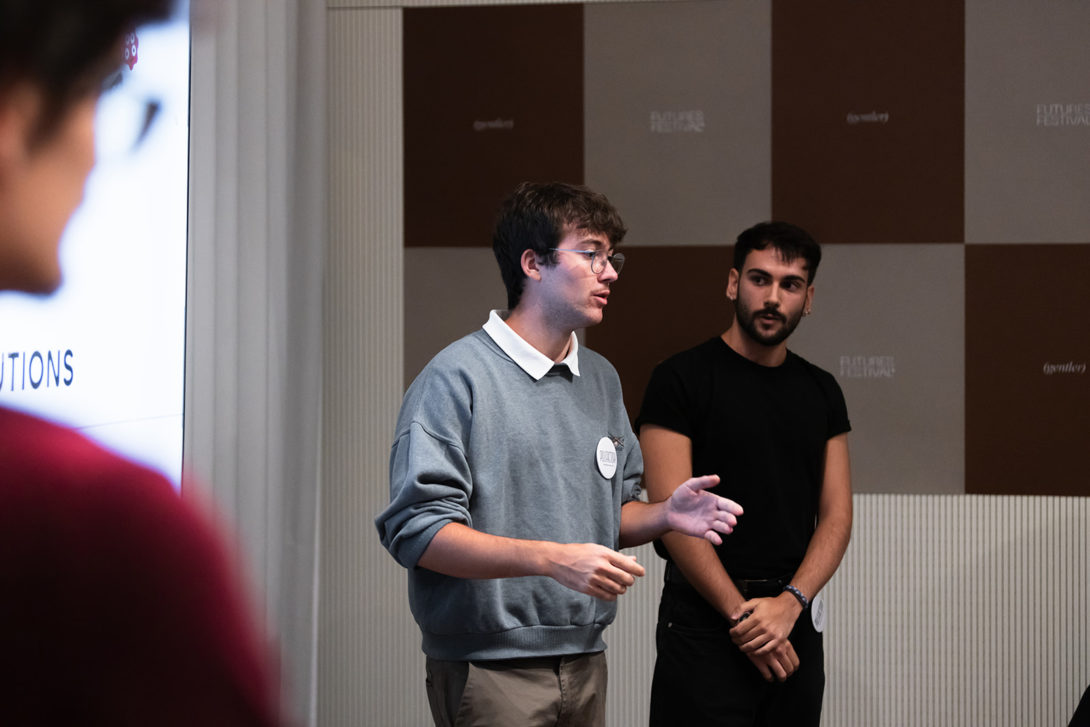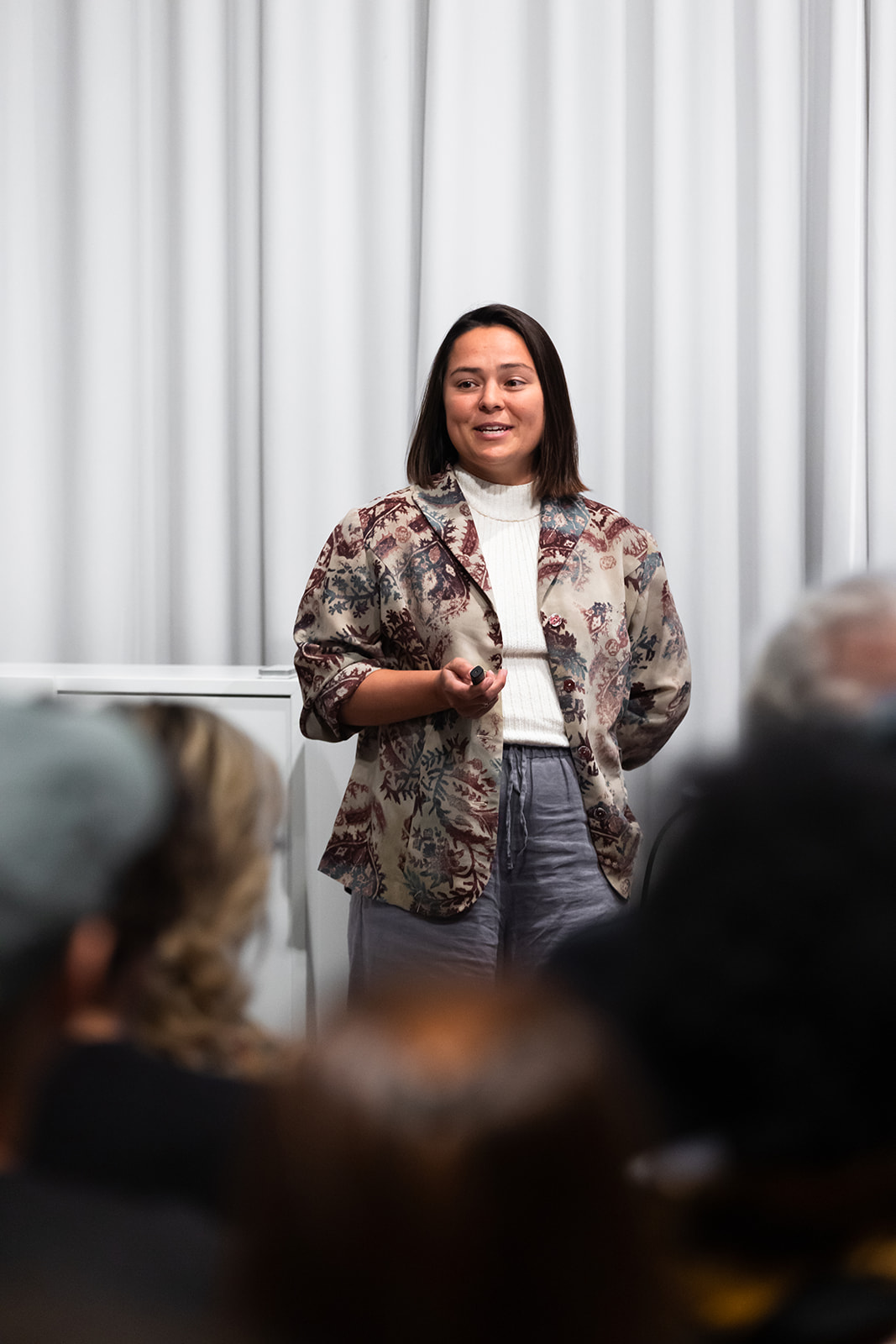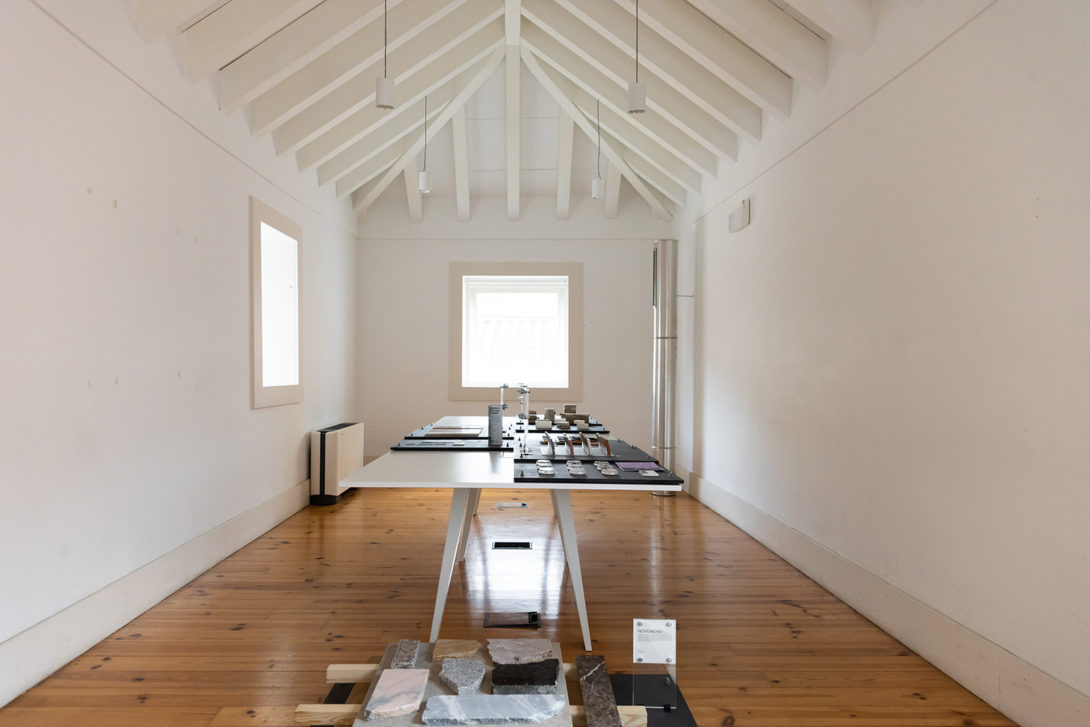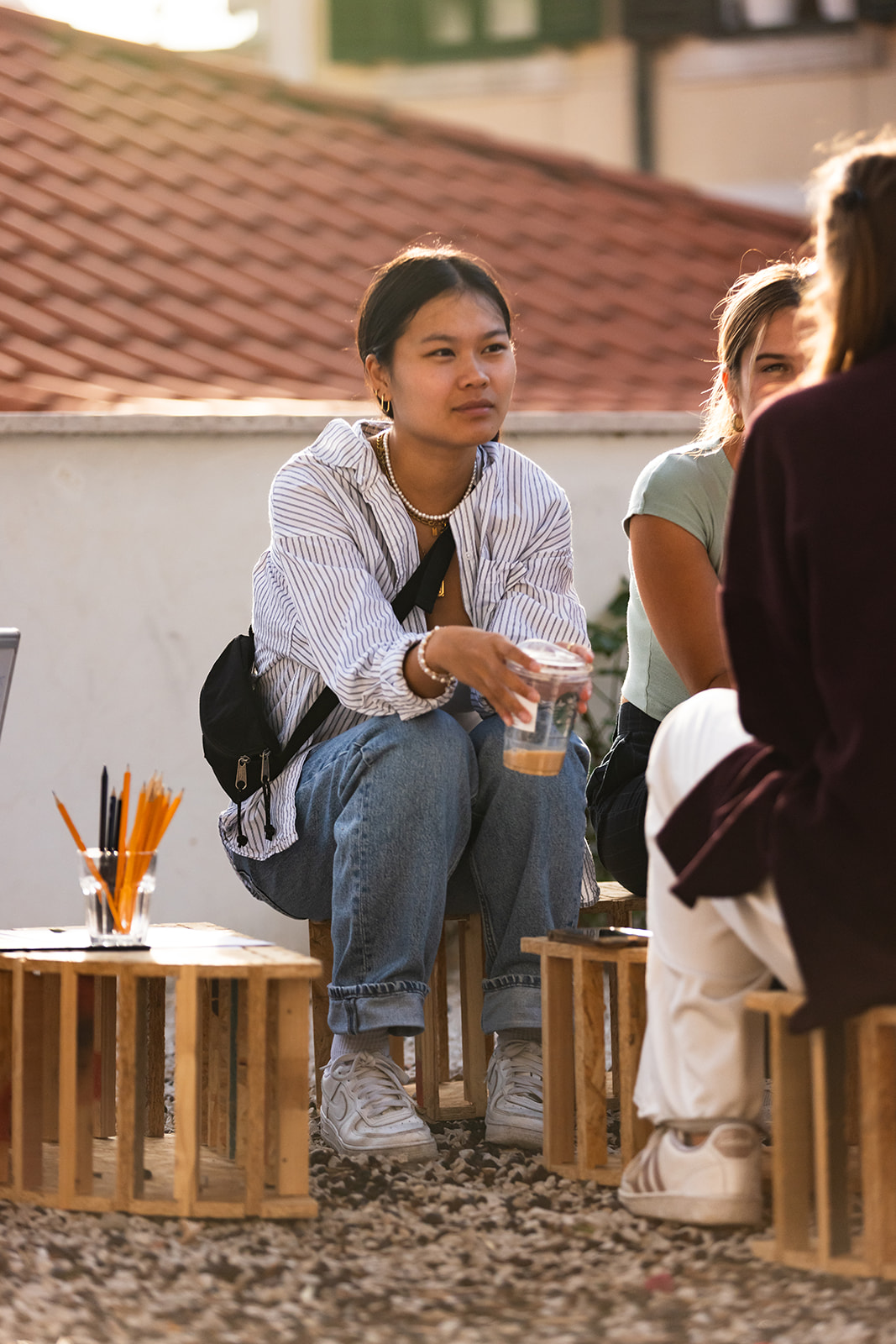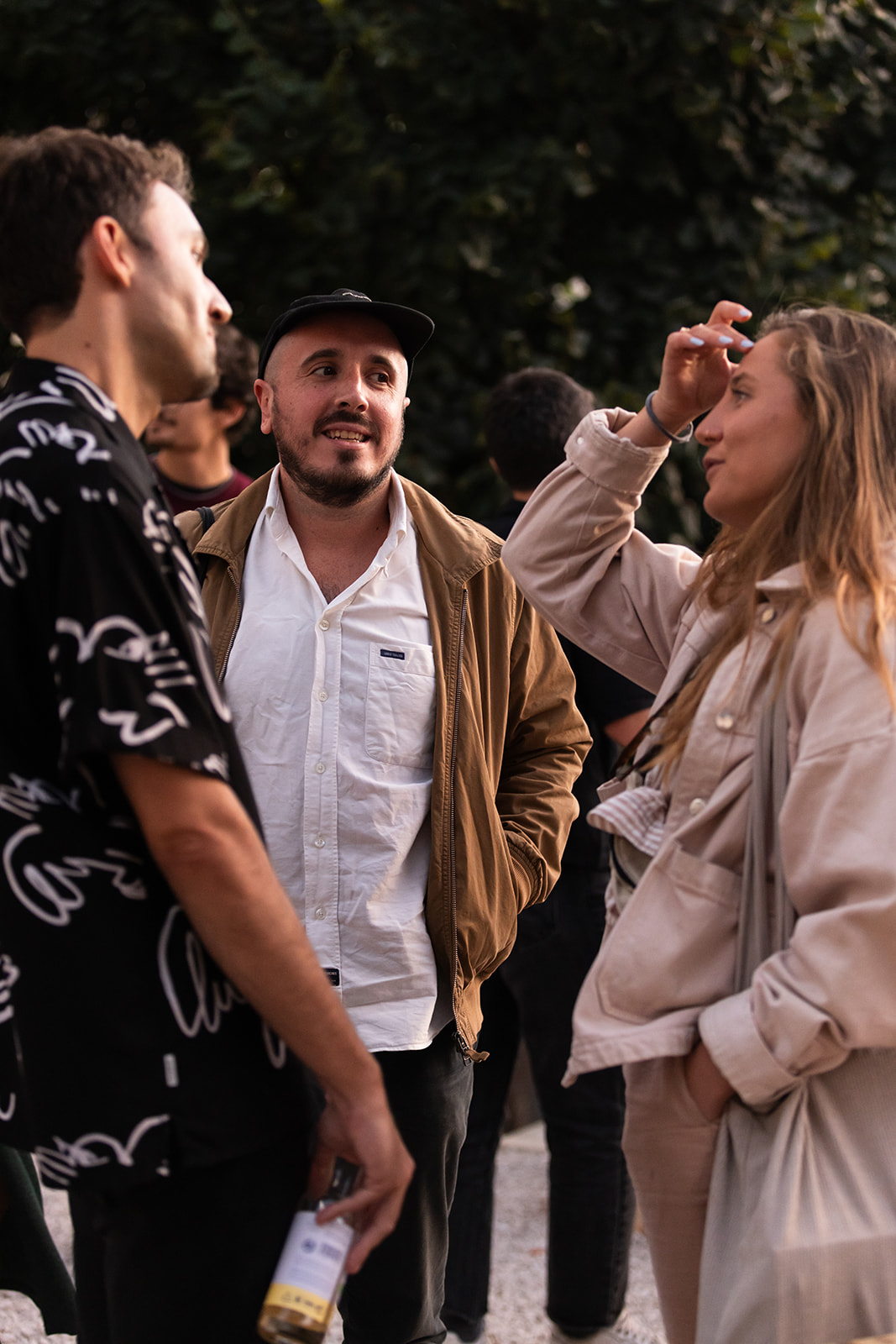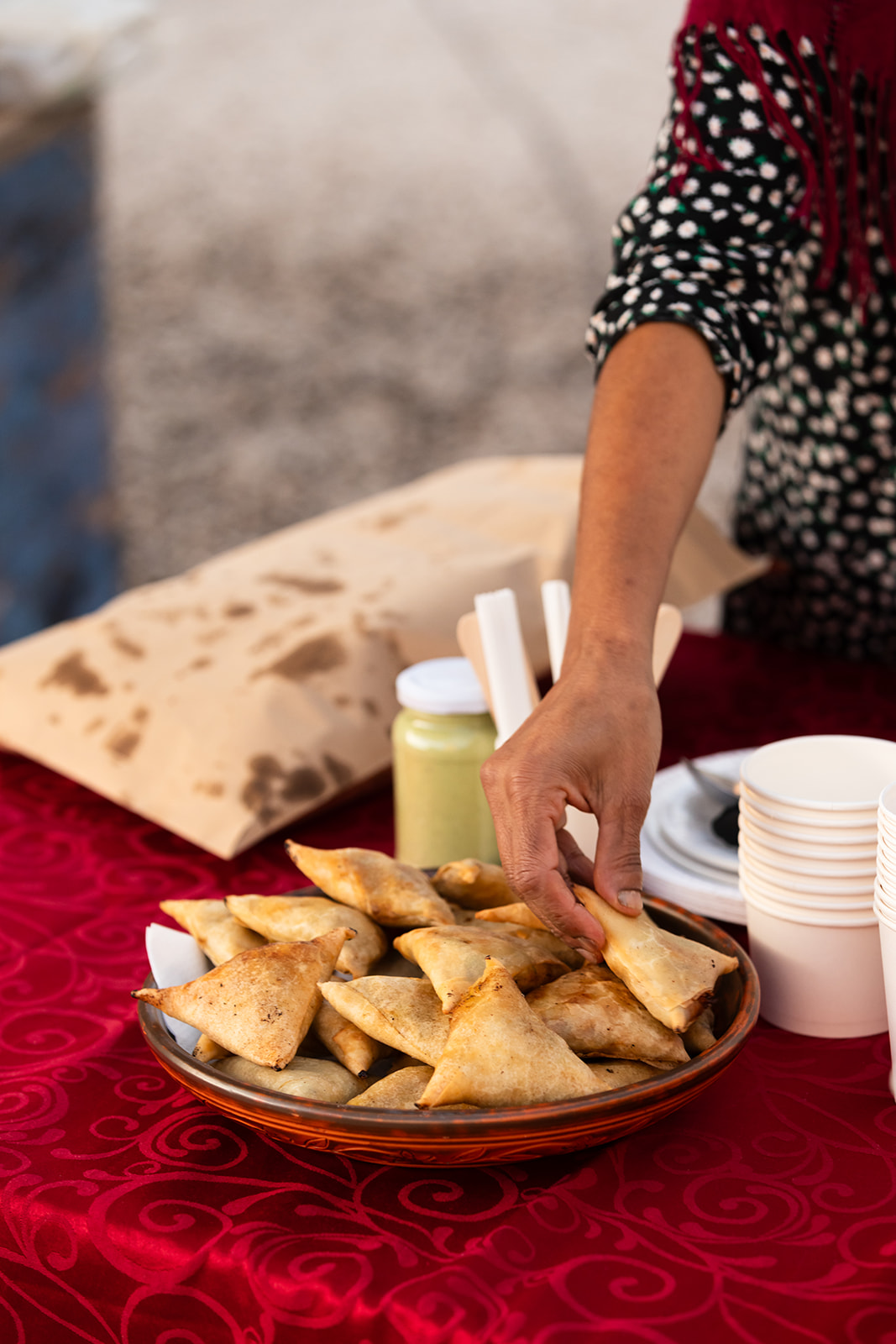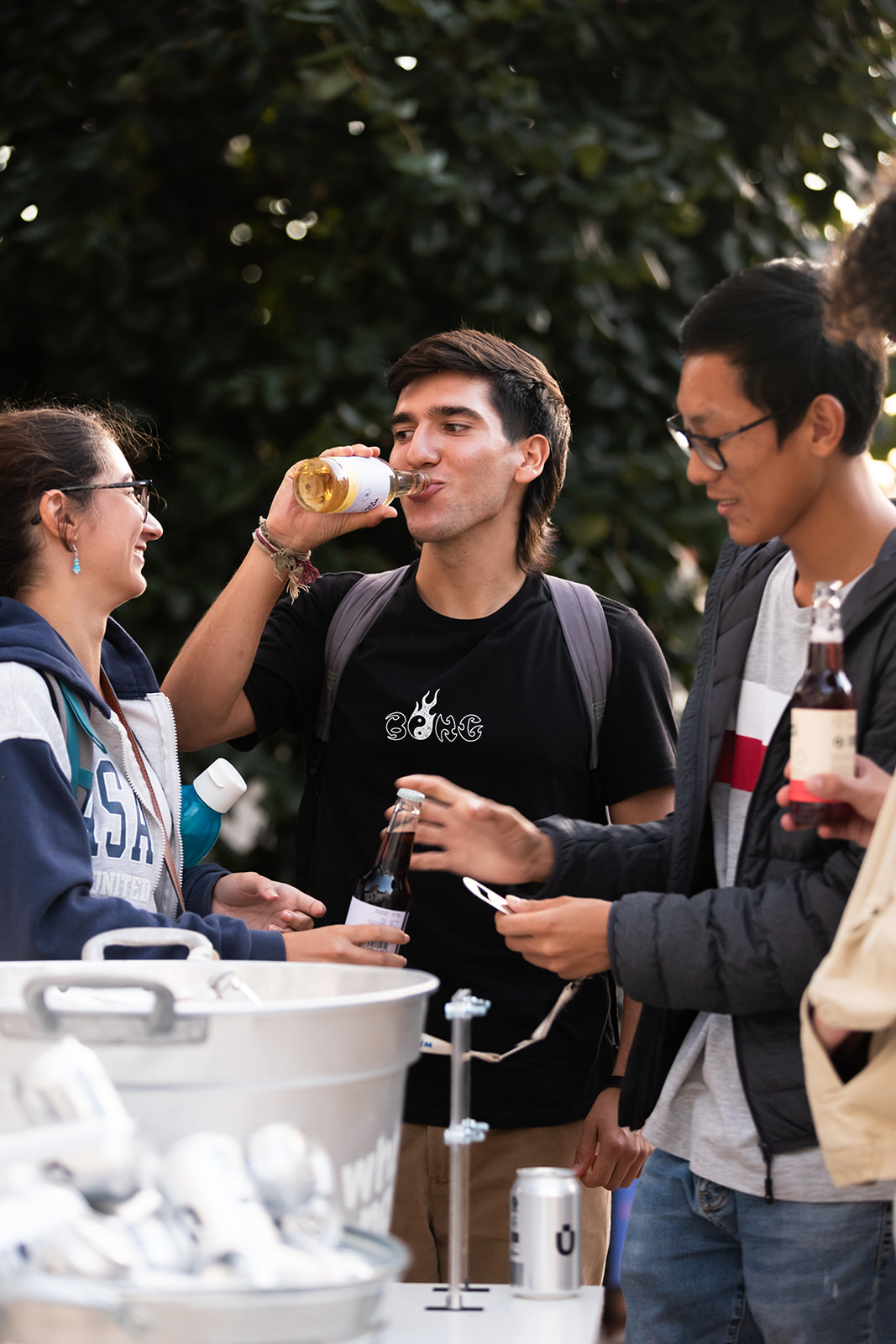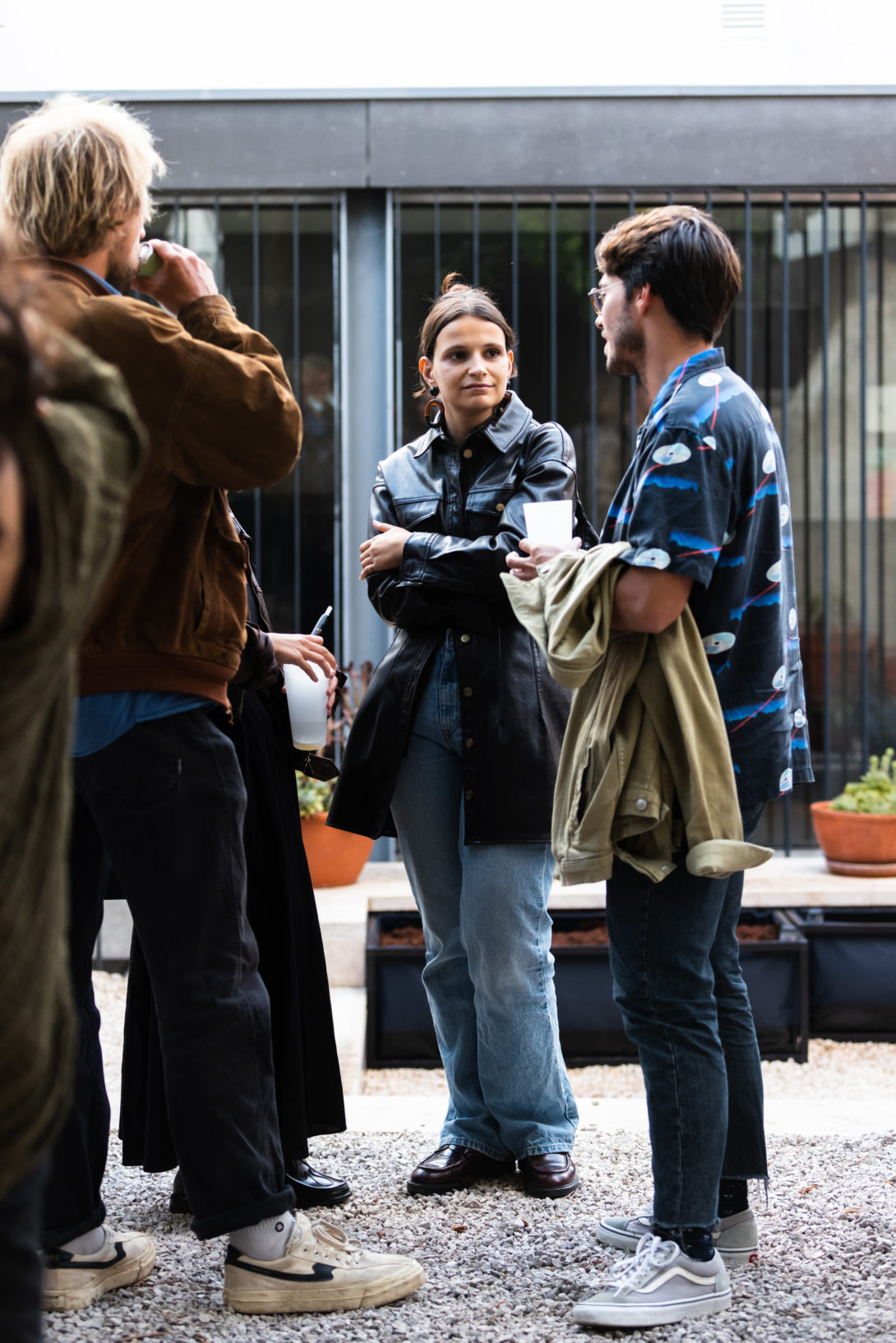Is human-centred design condemning humans to self-extinction?
The bright future ahead of us, the one promised by the great virtues of human-centric technology, the one predicted by mainstream sci-fi movies, is just around the corner, but are there no alternatives?
If you search for a “futuristic city” on the web, a very cohesive aesthetic will come up: tall skyscrapers, flying cars, metal, glass. From these results, it seems like the future is already written. But who got to decide that? And what if we don’t want it? Can we long for a gentler future respecting the diversity of communities, of humans and all other species?
Then, let’s define “Gentler Futures”… Why gentler?
While everyone looks forward to a brighter future, we long for a gentler one — or many. Gentle implies an ongoing relationship between me and you, between us and other communities, between humans and non-human species, or between the man-made world and nature. A gentler future expects consideration, respect and kindness between both parties. What would a future based on respectful relationships look like? What would it mean for humankind to become gentler? And how do we design gentler cities, gentler worlds, and gentler futures?
In an attempt to answer these questions, and spark even more, Gentler Futures Festival is gathering designers, makers, architects, students and policymakers in what We expect to be the first of many editions. A collective series of events meant to explore what it means to design for tomorrow, what challenges 21st century designers face and what do they expect to be their legacy. By delving into all the different facets of the practice—from material design to architecture, from distributed design to biomimicry—we celebrate projects, initiatives and movements that aim at shaping a more-than-human, local, non-linear, post-consumerist future.
As Gentler Futures Festival and the creatives featured in these events’ visions are highly aligned with Distributed Design, DDP and IPL’s participation became inevitable. The road towards the festival already included 2 preview events dedicated to reimagining waste streams and materials, and novel approaches to local food production.
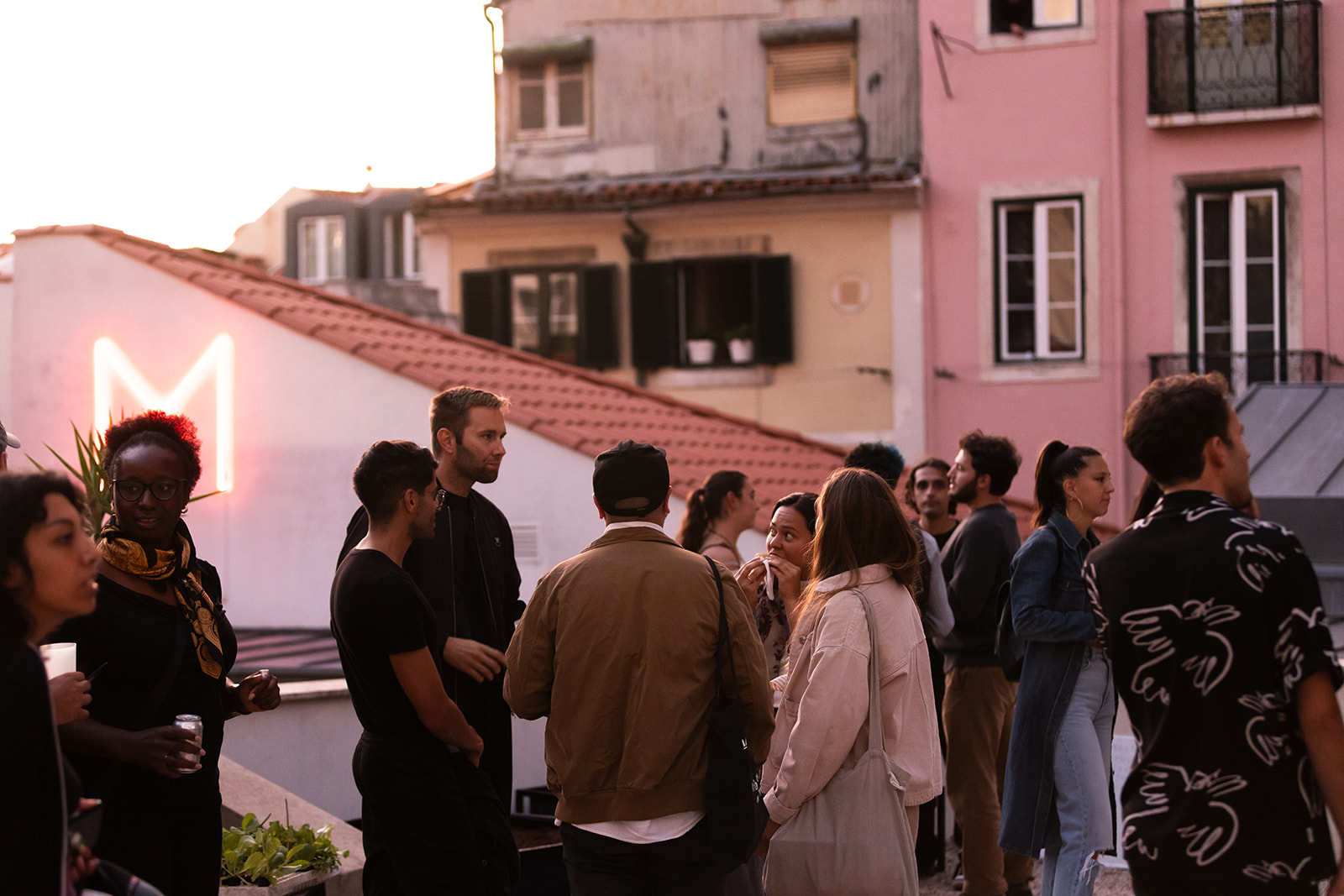
Designers rethinking waste
Designers rethinking waste, the theme of our first event, was an informal night of ideas, exchanges and talks by Post Paper Studio, Irena Übler, Novonovo and Matterpieces. The focus was set on new design approaches that go beyond the “take-make-waste” model. We pose the question, how can we design with what has been designed before, thus used, and discarded? What is the role of recycling in making cities locally productive (again)? And how can a neighbourhood become self-sufficient by taking advantage of its own waste? Ultimately, can anything be really defined as waste?
Designers who grow food
The second preview session, Designers who grow food, addressed the relationship between design and local food production. Large-scale farming relies heavily on fossil fuels, chemicals, vast amounts of clean water and global supply chains. Its side effects turned the current food system into one of the major contributors to the climate crisis. Invited speakers of this edition, Noocity, Raiz, HACKO and Upfarming, reflected on how we can move beyond that: what alternatives are there to produce and distribute food inside the city without compromising what’s around us—environment, non-human species, the wellbeing of farmers? Which skills can designers and architects bring to the table (and to the farm)? And how do we close the gap between food production and consumption?
Open and collaborative
We envisioned Gentler Futures as a platform and space where people from different backgrounds but with a common interest in circular, regenerative and more-than-centred design could meet, to share their ideas and be challenged by a playful approach to both design and research.
During both preview sessions, we set up an exhibition room where the invited projects could showcase their developments and welcome participants to learn more about the insights of their research while interacting with, touch or even smell their samples and outputs. We hope that real-life engagement can generate a feedback loop that challenges both creators and visitors to rethink their methodologies and approaches.
In January, Gentler Futures Festival will be back with its last preview session, Designers going off-grid, to explore the potential of low-tech tools and decentralised energy sources in preparing the design practice for a post-fossil fuel world.
Gentler Futures Festival is curated by BY THE END OF MAY and organised in partnership with Distributed Design (Creative Europe – EU) / Polytechnic of Lisbon, in collaboration with Mouraria Creative Hub and A Bairros.
